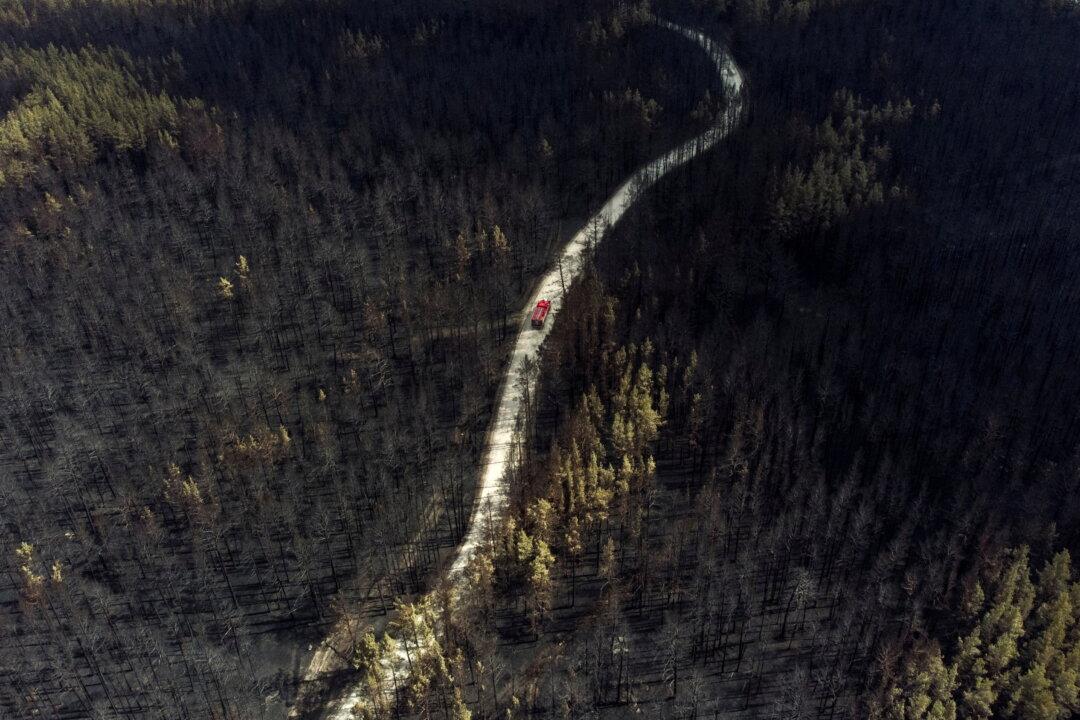Russia’s army sent firefighting planes on Tuesday to battle huge wildfires that have blanketed Siberian towns in thick smoke as residents complain of being suffocated in a region known for its frozen tundra that is now sweltering under a heatwave.
With flames tearing across some 800,000 hectares (1.98 million acres) of Russian forest, the hardest-hit region of Yakutia in the north has been in a state of emergency for weeks.




